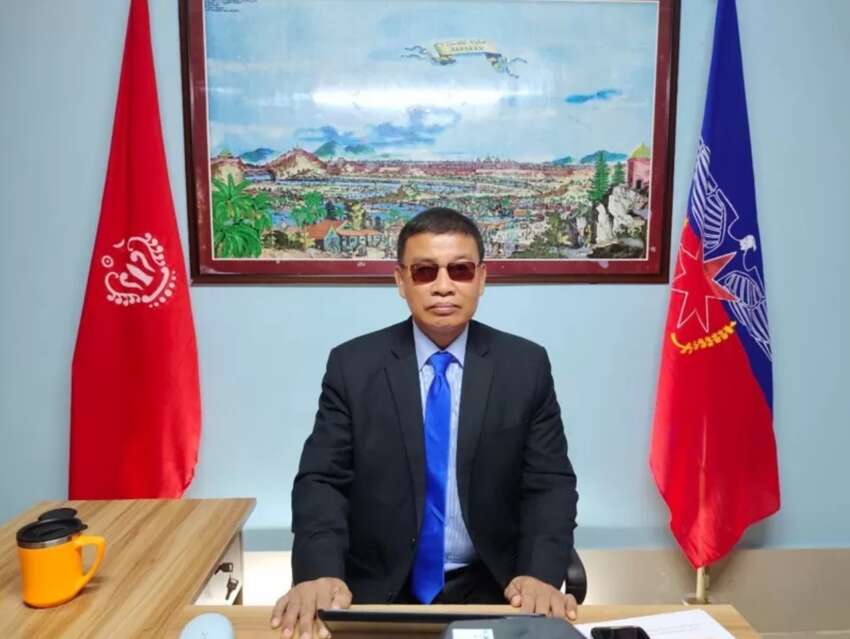
Both the Arakan Army (AA) and the Shan State Progress Party/Shan State Army (SSPP/SSA) have strongly denied the military council’s allegations regarding their involvement in a drug seizure worth over 257 billion kyats in Yangon. The military council claimed in their August 22 statement that the drugs seized in Shwepyithar and Kwunchankone townships of Yangon were connected to the AA and managed by an SSPP major based in Wanhein village, Kyethi township, Shan State.
According to the military council’s allegations, the seized drugs were intended to be transported from Yangon to Rakhine State and Malaysian waters, with an AA major allegedly collecting taxes on the shipments. However, AA spokesperson Khaing Thu Kha dismissed these claims as politically motivated attacks, stating that the AA is ready to cooperate with any government or country in combating drug trafficking. The military council’s detailed accusations included specific routes and individuals allegedly involved in the drug trafficking network, all of which were categorically denied by both organizations.
The SSPP/SSA also issued a strong rebuttal, declaring the military council’s accusations as a deliberate attempt to damage their organization’s reputation and disrupt the peace process. In their statement, SSPP/SSA emphasized that they maintain strict prohibitions against any drug-related activities within their controlled territories. Both organizations view these allegations as part of the military council’s ongoing efforts to discredit ethnic armed organizations and undermine their political legitimacy. The case highlights the complex dynamics between Myanmar’s military council and ethnic armed organizations, with drug trafficking allegations being used as a tool in the broader political conflict.



